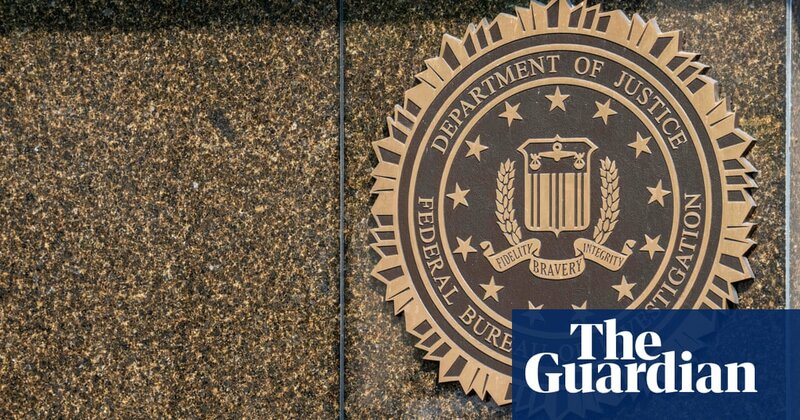The FBI has searched a house in South Carolina after a white couple allegedly put up a cross that faced their Black neighbors and set it on fire.
On Wednesday morning, federal agents searched the house of 28-year-old Worden Butler and 27-year-old Alexis Hartnett in Horry county for a “civil rights investigation involving allegations of racial discrimination”, WBTW reports the agency saying.
According to Horry county police reports reviewed by WPDE, between 23 and 24 November, Butler and Hartnett, who are white, allegedly harassed and stalked their neighbors, who are Black, with “racially motivated words and actions”.
In one incident, Butler and Hartnett reportedly erected a cross that faced their neighbors’ privacy fence. “The cross was facing the victims’ home and the suspect set the cross on fire,” a police report said.



 FBI
FBI South Carolina
South Carolina Racism
Racism Rights
Rights Investigation
Investigation


